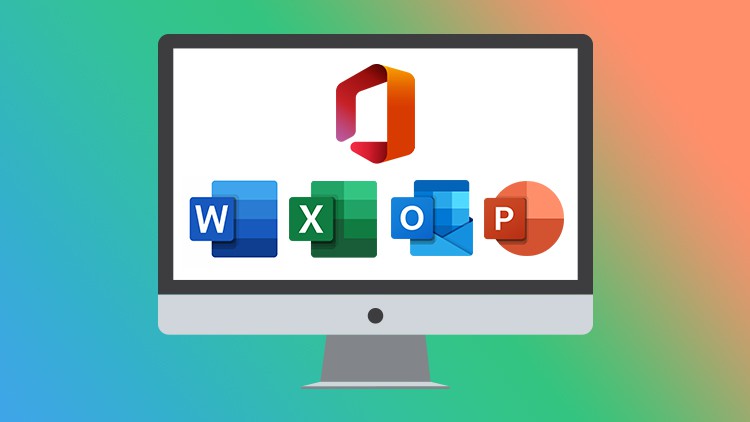
Embark on mastering essential Microsoft Office tools, presented by Aquinas College, a leading college for career development. Our courses cater to a wide audience, from beginners to professional users.
Starting with fundamentals, you’ll learn how to create professional documents with MS Word, manage data in MS Excel, create engaging presentations in MS PowerPoint, and efficiently organize emails and schedules with Outlook.
Progressing to advanced levels, you will be trained on sophisticated features for data analysis, visual storytelling, and effective digital communication.
Aimed at enhancing workplace productivity, academic capabilities, or personal project management, our curriculum offers a blend of theoretical knowledge and hands-on skills.
Elevate your digital proficiency in the modern workspace with our comprehensive Microsoft Office training.
Skills you will gain:
Learning Microsoft Office 365 equips you with a wide range of skills vital for professional, academic, and personal efficiency in the digital age. Here are key skills you can expect to gain:
These skills are highly transferable and valuable across a multitude of settings, making you more productive, employable, and effective in handling various tasks and challenges in today’s digital environment.
Teaching Method: Online – Synchronous
| Hours | Topics | |
|---|---|---|
| 4 hours | Introduction, Information Technology, the Internet resources, on-line help materials. | |
| 10 hours | Keyboarding | Keyboarding pre & post assessment |
| 20 hours | MS Word: Creating and Editing a Word Document. MS Word: Working with large documents - styles Graphics, designs, tables and tabs. | Quiz 1: Multiple choice and Practical test 2 Assignments |
| 24 hours | MS Excel: Creating a Worksheet and an embedded. Chart MS Excel: Formulas, Functions, and Formatting. MS Excel: Multiple Sheet formulas. MS Excel: Analysis, Charting and Working with Large Worksheets. | |
| 16 hours | MS PowerPoint: Using a Design Template. MS PowerPoint: Create Smart diagram, format chart, create photo album, format slides including animations, transitions and other special effects. | |
| 2 hours | MS Outlook: Using and Creating Mailboxes. MS Outlook: Calendar and external calendar (google). | |
| 4 hours | Final class project: combining Word, Excel and PowerPoint into one file – sharing file with Google Drive. |
Total Historical Enrollment: 365
Offered By: Aquinas College